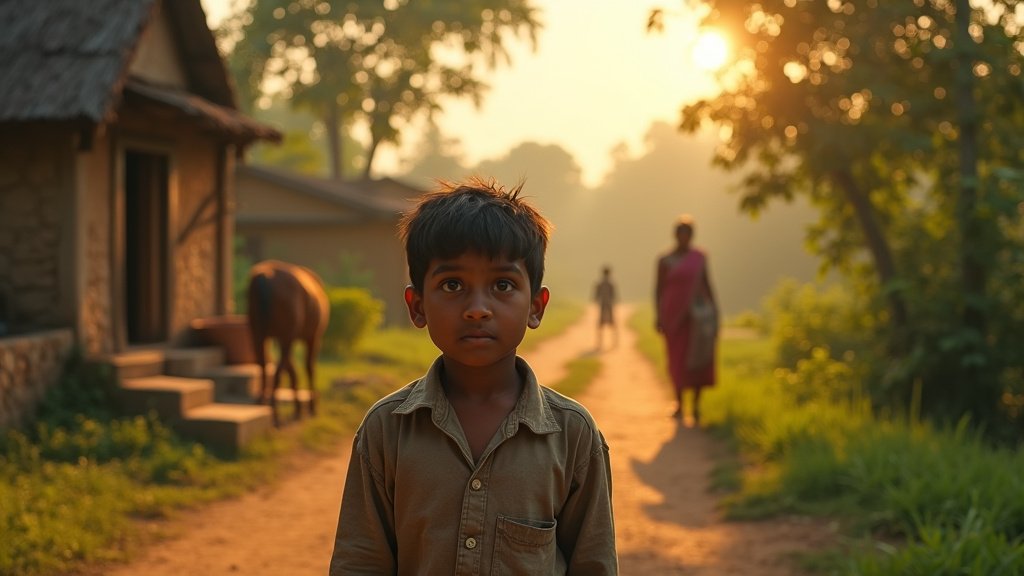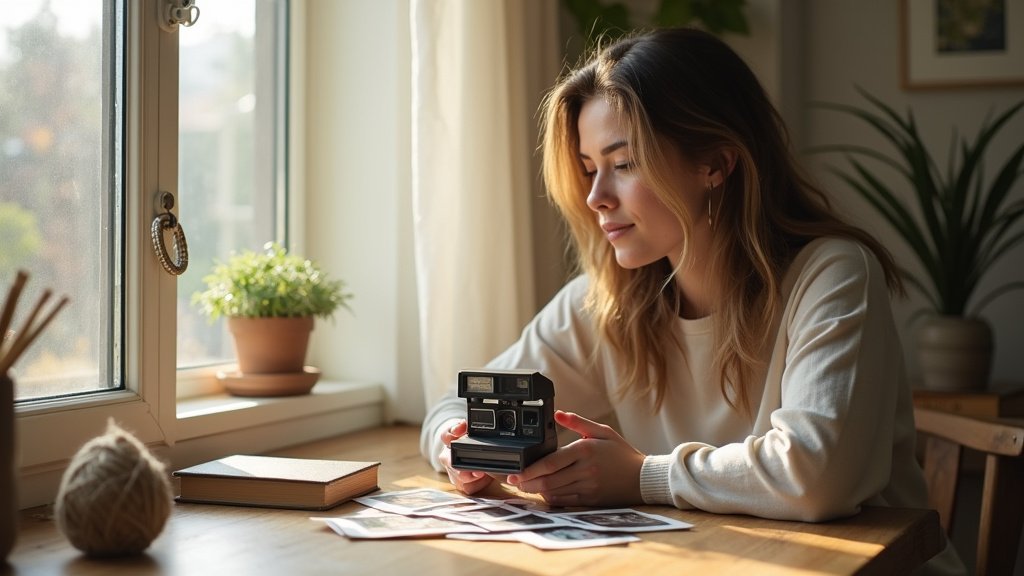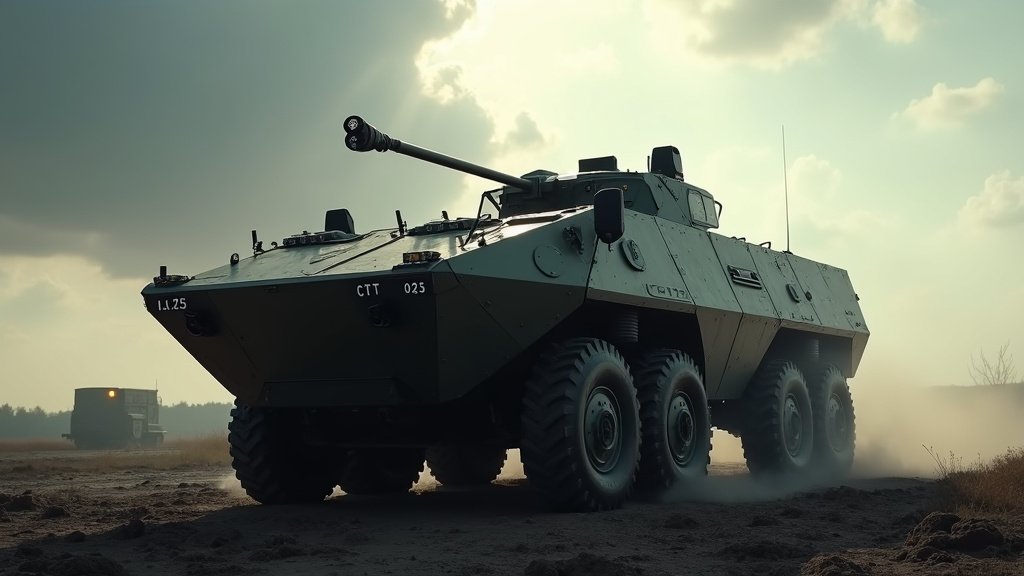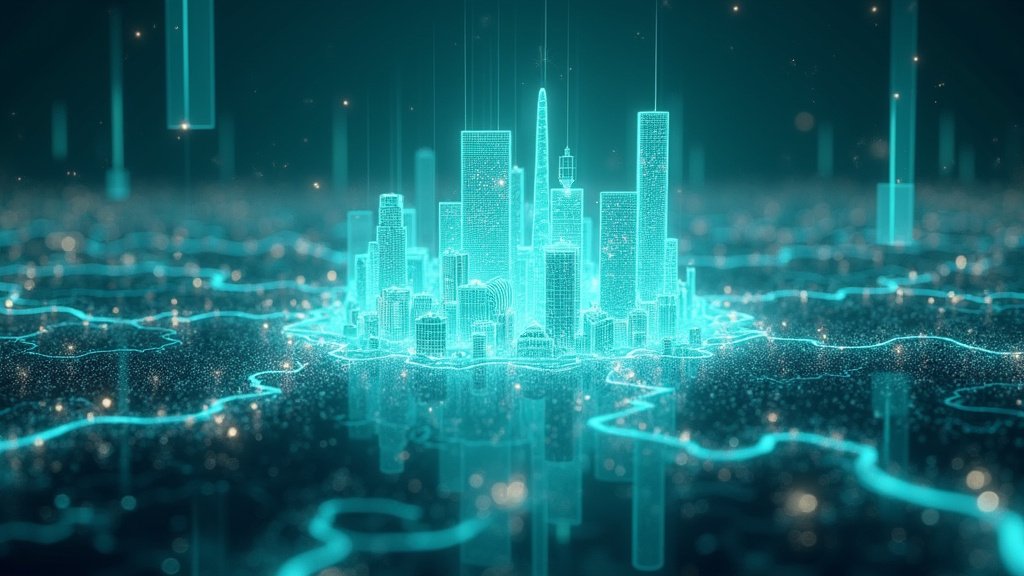The hallowed pages of Vogue, long a barometer for the industry’s pulse, have recently become the stage for a digital disruption, sparking a seismic shift in the world of fashion modeling. A controversial Guess advertisement, rendered entirely by artificial intelligence and featuring hyper-realistic, AI-generated models, has sent ripples of unease and debate through the industry, forcing human models and creative professionals to confront a future increasingly shaped by synthetic counterparts.
The AI Takeover: A New Face in Fashion’s Pages
The August 2025 issue of Vogue featured a striking two-page spread for Guess, subtly credited as “Produced by Seraphinne Vallora on AI.” This campaign, showcasing two flawless, digital avatars named Vivienne and Anastasia, ignited immediate backlash. Social media platforms erupted with criticism, with many readers feeling betrayed by the perceived lack of transparency and questioning the authenticity of the imagery. The ad highlighted a growing trend: brands are leveraging AI to create models from scratch, bypassing traditional casting, styling, and even human presence altogether. Companies like Seraphinne Vallora specialize in these editorial-level AI campaigns, blurring the lines between reality and simulation.
Models’ Dilemma: Job Security vs. Digital Replication
For established fashion models, this technological surge presents a complex dilemma. Hannah James, a model with a decade of experience, voices the anxieties shared by many: a fear of job obsolescence juxtaposed with the potential for new income streams. She has partnered with Kartel.ai, a Beverly Hills startup building a platform to license model likenesses. Kartel.ai enables models to create digital “twins” or clones of themselves, which brands can then hire for advertising campaigns. “It’s crazy to see what they can create in hours,” James commented. “It’s beautiful, but at the same time, it’s scary.” While these digital replicas offer models the possibility of working around the clock without physical limitations, they also raise profound questions about fair compensation and the long-term viability of human modeling careers.
Brands Embrace Efficiency: The Allure of the AI Model
The appeal of AI-generated models for brands is undeniable. They offer unparalleled availability, never get sick, don’t have “bad-skin days,” and can be in multiple locations simultaneously. This translates to significant cost savings, eliminating expenses related to travel, accommodation, stylists, and complex production crews. Brands like H&M are experimenting with digital “twins” of their existing models, while Levi’s faced criticism for proposing AI models to enhance diversity, leading to questions about whether this is genuine inclusion or a superficial substitute for hiring diverse talent. As tech adoption accelerates, companies find AI models to be a cost-effective and scalable solution for content creation.
The Ethical Tightrope: Consent, Compensation, and Beauty Standards
The rapid integration of AI into fashion advertising is not without its ethical minefields. Key concerns revolve around consent and compensation: when a model’s likeness is digitized, who owns it, how is it licensed, and what constitutes fair payment? Advocacy groups like the Model Alliance, led by former model Sara Ziff, are raising serious concerns about the lack of clear protections, potential job displacement for creatives, and the risk of models’ likenesses being used without proper consent or compensation. Furthermore, AI models can perpetuate unrealistic beauty standards, with their flawless symmetry and perfect features, potentially exacerbating existing mental health issues related to body image. The debate intensifies over whether AI models enhance or exploit the industry’s drive for perfection.
Redefining Creativity: The Future of Fashion and Entertainment
The impact of AI extends far beyond models, touching all forms of creative output in fashion and entertainment. From AI-driven design tools that accelerate innovation to virtual try-ons and personalized shopping experiences, AI is fundamentally reshaping the industry. While some, like Matthew Drinkwater of the Fashion Innovation Agency, liken AI’s disruption to that of digital photography—redefining rather than replacing—others fear widespread job losses for photographers, makeup artists, and stylists. The growing volume of trending articles about AI in fashion and entertainment highlights the rapid pace of change. This technology is not only revolutionizing content creation and audience engagement but also allowing for personalized content at scale, engaging users in ways previously unimaginable.
A Pivotal Moment
As the fashion industry grapples with the pervasive influence of AI, it stands at a pivotal crossroads. The emergence of AI-generated models and digital clones presents both unprecedented opportunities for efficiency and creativity and significant challenges regarding human labor, authenticity, and ethical representation. The conversation is no longer about if AI will impact fashion, but how the industry will navigate this transformation to ensure innovation coexists with human artistry and ethical integrity, setting new standards for all forms of fashion and entertainment technology.





